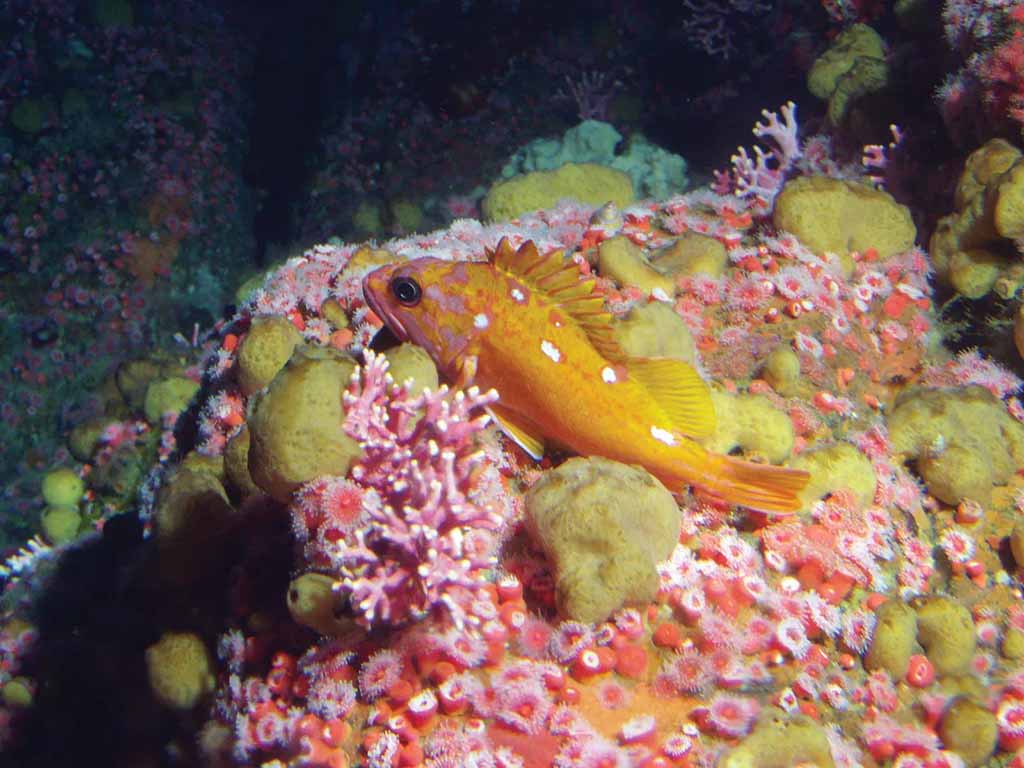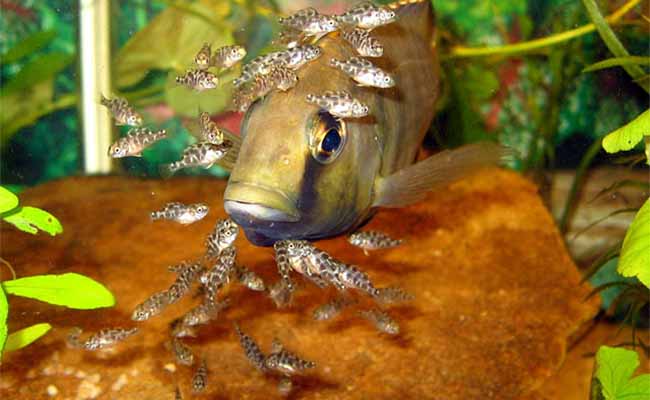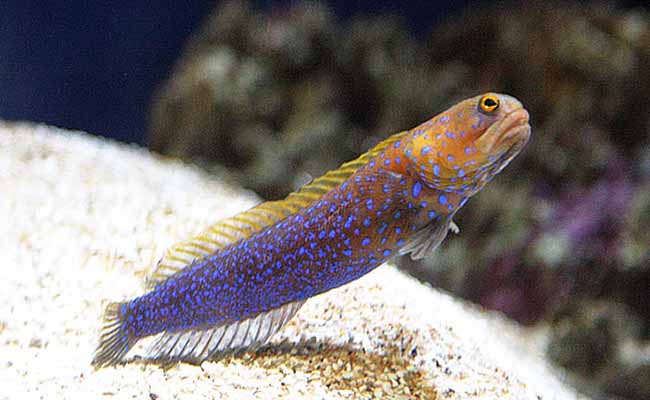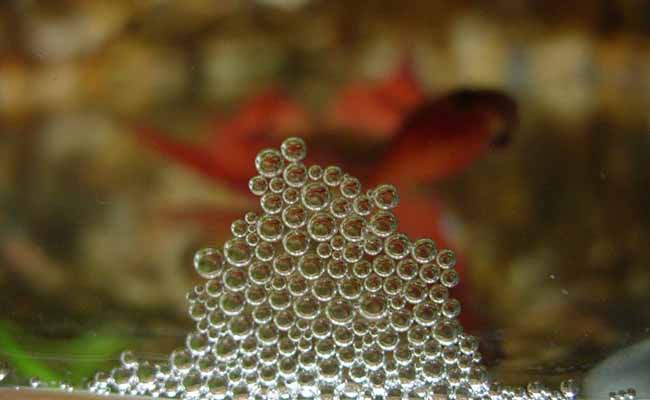Were you ever curious whether your goldfish looks at you with eyes full of love? Do fish express affection? Or perhaps you have seen a fish dad tenaciously guarding his spawn? If the underwater world is so rich and diverse, then the inhabitants of the aquarium fish are also unique. This blog takes a closer look at the intriguing behaviors of some of our friends. We will discuss anecdotes about aquarium fish, and fathering in fish tanks, and even learn about some tricky ones like fish memory and fish that lay eggs.
Content Table

Do fish express affection?
Do fish Express Affection
People are still studying emotions in fish, but studies have made some findings that there might be something like affection in fish. Here are some ways fish might show it.
- Body language: This action may be associated with comfort or social-related issues, whereby fish are rubbing themselves on objects or peers’ bodies.
- Following: It can be observed that some of the fish may chase another fish, which is the preferred companion in the fish tank.
- Interaction with caregivers: Fish identifying and swarming towards the feeder might be a positive reinforcement.
Do Any Fish Exhibit Parental Care
Absolutely! The underwater world presents many fine examples of dads. Below is a list of popular aquarium fish that are famous for being caring fathers.
Cichlids
| These colorful fish, including Angelfish and Discus, are very caring daddies. Males are observed to be very clean and will clear any debris and spread the ground in preparation for the construction of nests. If the female lays eggs, then the male suddenly gets paternal responsibilities.
The male Cichlid will exclusively scrape the eggs while fanning and chasing off fungus and potential egg eaters. He will also be fanning them for oxygen and proper development. After the fry hatch, the male will continue to guard them, lead them to feeding grounds, and defend them against predators. |
 |
Mouthbrooders
| Some species of fish, such as Apistogramma and Rams, can bring the young ones to the next level of parental care. These amazing fathers engage in mouthbrooding– a special tactic that involves holding the fertilized eggs in the mouth until they hatch.
This provides the eggs with the best protection from predators and guarantees them steady access to oxygen in the water. The male mouth brooder abstains from feeding for this period, instead ensuring the survival and emergence of his future fry. |
 |
Bubble Nest Builders
| When it comes to bubble nests, betta fish are number one. The males are intelligent builders who shape intricate structures from air chambers at the water’s surface. This complex architecture acts as a refuge or protected place for the eggs. After the female has laid her eggs in the nest, the male Betta assumes responsibility for the rest.
He will aggressively defend the eggs, frequently maintaining the bubble nest and making sure the eggs are oxygenated. He remains attentive even if there are fry hatches and guides them within the perimeter of the nest until they develop strong muscles to fend off their predators. |
 |
Will a Fish Be Able to Find Its Mother?
It is unlikely that a fish will be able to find its mother. While some species of fish might exhibit maternal care, fish generally do not have the cognitive ability to recognize their parents. In the case of intelligent fish like Cichlids, they may be able to recognize their parents.
Do Any Male Fish Lay Eggs?
Yes, there are several groups of fish species, which include seahorses, pipe fish, and some of the goby family, where the male does the caring and can even lay eggs.
While some fish species have individuals that can change sex, male fish cannot lay eggs. However, some fish species are hermaphrodites, meaning they have both male and female reproductive organs. These fish can lay eggs and fertilize them.
Do Aquarium Fish Eat Their Eggs?
Absolutely! Many aquarium fish are opportunistic eaters, and their eggs are no exception. Here’s the list:
- Goldfish: These popular aquarium residents are notorious for devouring their eggs. They view them as a tasty snack, especially if they’re feeling stressed or there’s a lack of alternative food sources.
- Barbs: Similar to goldfish, many barb species readily consume their eggs if given the chance.
- Betta Fish: While Betta males are known for their bubble nest building and guarding the eggs, they might snack on a few if they feel threatened or the eggs become infertile.
- Cichlids: While some Cichlid species are exemplary fathers, others are less dedicated. In these cases, the male might see the eggs as a food source, especially if there’s a lack of hiding places or the eggs are not properly fertilized.

Anecdotes about aquarium fish
What Should We Do If a Male Fighter Fish Hatches Eggs?
If the male betta fish has managed to develop the eggs as described above, this is what you should do.
Separate the Male: Male bettas are initially good guards, but after 2 to 3 days of sighting the fry, they may turn and devour the fry. Transfer the male betta to another bowl/territory to guarantee the fry’s protection. Using a net to catch the fish is recommended, and be very careful when transferring it to the aquarium.
Maintain Water Quality: It is important to note that Tiny Fry are very sensitive to changes in water quality. It is advisable to change the water gradually and often so that the water is clean and does not contain any ammonia.
Provide Infusoria or Microworms: Fry prefers very small food particles. A naturally occurring organism in newly settling tanks called Infusoria, or commercially prepared live microworms for a fish fry, is perfect for the first feed.
Reduce Water Flow: Because strong currents can be hazardous, especially to soft fry. Modify the flow rate to be at a slow and steady stream.
Increase Hiding Places: Make sure the fry has somewhere to hide, like plants or spawning mops, to avoid being eaten by any random tank mates.
Monitor Fry Development: Closely monitor the fry’s development. With time, you can switch them to larger foods like baby brine shrimp to feed the juvenile fish.
End of Line
Fish behaviors in and around water continue to astound underwater enthusiasts with their numerous peculiarities. As stoked dads and architects who blow bubbles, these friends with fins teach us they are not quite what they seem. Therefore, the next time you look at your pretty aquarium, think that it is not just a piece of beauty to boast of, it is a theatre that is as active as it gets, full of passion, feeding, and a bit of fish snack.


Leave a comment